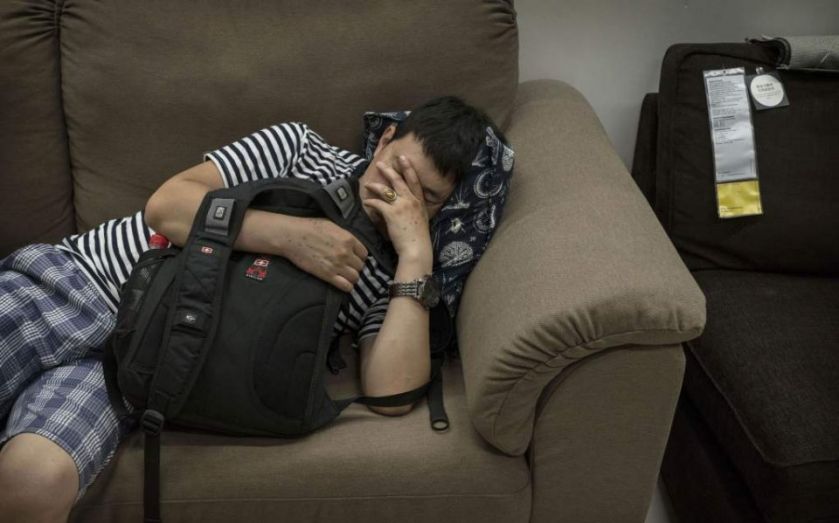Clocks go back: Scientists warn that Daylight Savings affects “vigilance and cognitive function” among students

The clocks may be soon going back (well, on 25 October, but we're looking forward to that extra hour in bed already) but sleep scientists are now claiming that daylight savings actually leads to a decline in "vigilance and cognitive function" among students.
On average, high school teens spent 32 minutes less asleep on the weeknights after clocks went forward in March this year. That means their average night's sleep fell to seven hours and 19 minutes. Over the week, that added up to a loss of two hours and 42 minutes.
During school days after the time change, students also displayed increased sleepiness and a decline in psychomotor vigilance, including longer reaction times and increased lapses of attention.